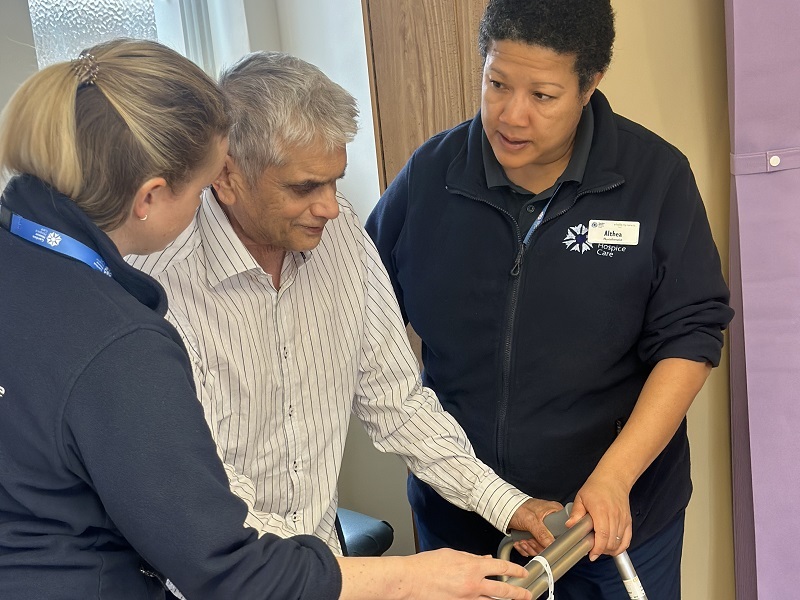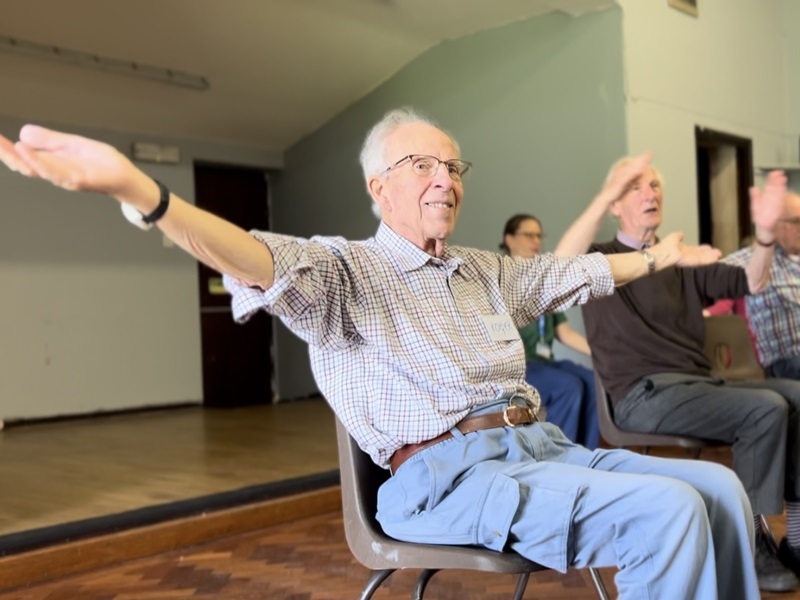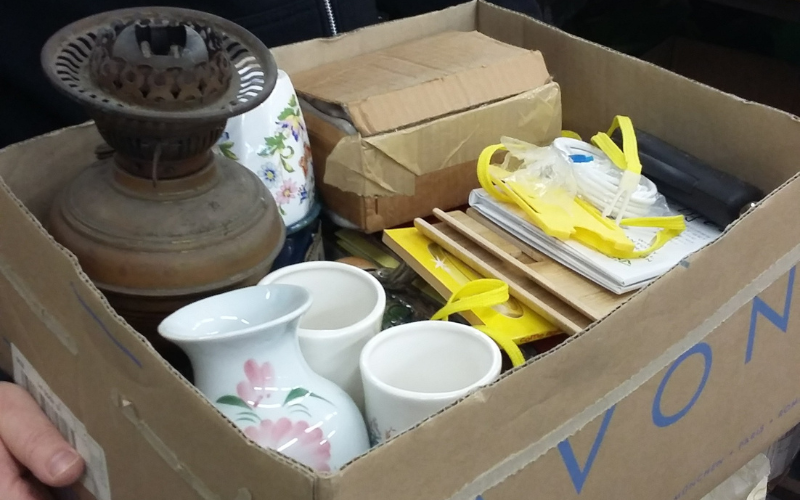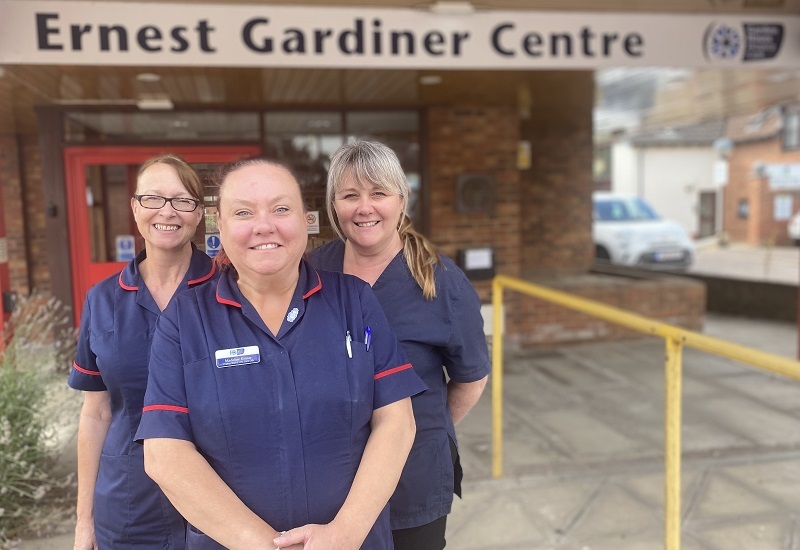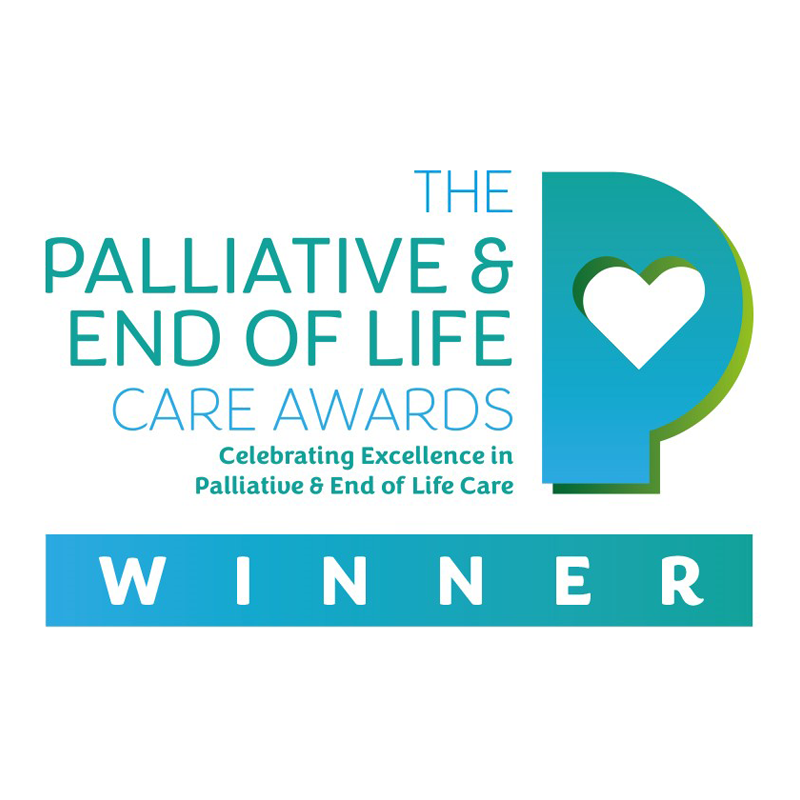
Parliament debate on motion of hospice funding
Today is an important day for hospices across the nation as MPs attend Parliament to debate on a motion of hospice funding - a crucial discussion that our Garden House Hospice Care CEO, Lisa Hunt is pleased to see on the agenda.
"Sustainable funding has been a long-standing problem for hospices. We are an essential part of the healthcare system, supporting thousands of patients every year to live and die well. There are inequalities in access to Hospice care and we have started to tackle this with our new Frailty Service.
"However, there is a lot more work to do. Today's conversations in Parliament are an important part of the puzzle, recognising that hospices deserve a seat at the table, acknowledging the challenges we face with funding. We're aiming for equitable funding, whilst balancing the fact that the NHS is struggling too - I believe hospices should be part of that funding challenge to support an effective healthcare system. It's not going to change overnight, and we can be patient.
"This year, Garden House Hospice Care's annual running costs have increased from £6.4m to £7.7m - this means we have to raise £15,300 a day up from £9,700 last year (excluding NHS funding). It is a big increase that reflects the even bigger need for our care. To date, our services have been sustainable, but that's only because we've got the most incredible local community of supporters who believe in what we do and can see how our services impact on them and their families.
"We hope to hear a positive message from Parliament today on support moving forward. But in the meantime, I want to thank all of our supporters and donors who have stood by our side for over 30 years. Simply put, we care for our community and our community has kept us caring."
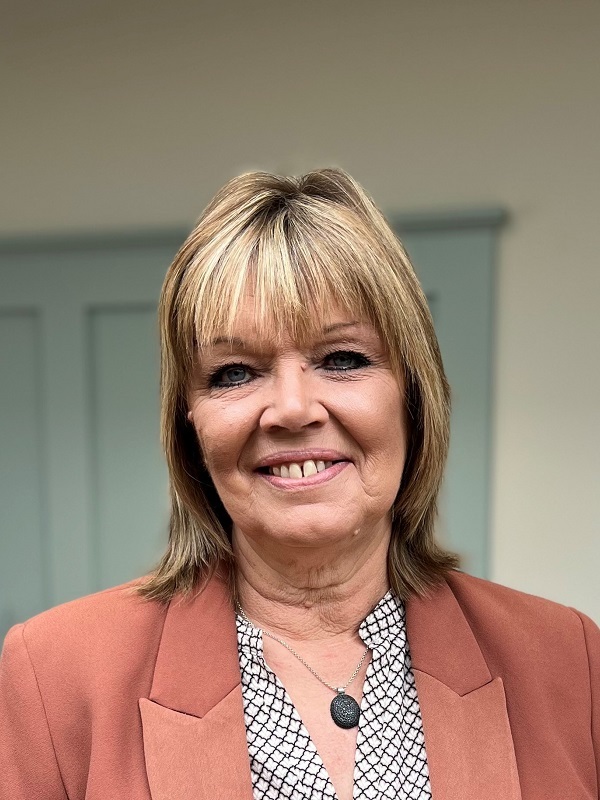
Garden House Hospice Care's CEO Lisa Hunt
Further information on the hospice sector
All below figures from Hospice UK unless stated.
- The UK's 200+ adult and children's hospices provide care and support to 300,000 patients a year, including people nearing the end of life and people living with a life-limiting diagnosis.
- Hospices work in partnership with local health and care systems, alleviating pressure on the NHS by caring for patients who would otherwise be directly supported by NHS services.
- Hospices are largely charitably funded. On average, around two-thirds of adult hospice income is raised through fundraising, such as charity shops and marathons. The figure is higher for children's hospices, which must raise around four-fifths of their income.
- The Health and Care Act 2022 introduced for the first time a legal duty for Integrated Care Boards to commission palliative care services that meet the needs of the local population.
Pressures on hospices
- Inconsistency in statutory funding, combined with a challenging fundraising environment and increasing costs, is placing the hospice sector under significant financial pressure.
- Hospice UK estimates that the sector is on track for a £77m collective deficit for the financial year 2023-24 (figure under embargo until 00.01 on 15/04/2024). This would represent the worst end-of-year figures for the sector in around 20 years of tracking.
- As they enter a new financial year, hospices are already cutting back services in order to balance their budgets.
- The costs of running hospice services are rapidly increasing, particularly the cost of paying their staff a fair wage. Hospices recruit from the same pool of staff as the NHS, and so strive to match NHS pay and conditions.
Growing demand
- The demand for palliative care is growing significantly. ONS estimates suggest 130,000 more people will die in the UK each year by 2040.
- For hospices to play their role in meeting this challenge, supporting NHS and social care services at excellent value to the taxpayer, they need a long-term, sustainable approach to funding based on close partnership with the wider health and care system.

